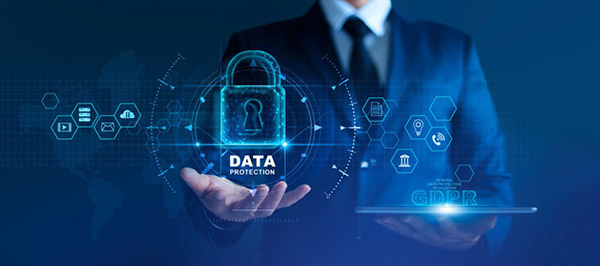A system is only as effective as the people who use it, and employees may be eager to blame the IT department for failing to prevent a data breach to absolve themselves of accountability. Human error is the leading cause of data breaches that lead to the disclosure of private information.
Employers must provide staff with the necessary data privacy training in order to prevent data intrusions and cybersecurity breaches. Employees will be unable to detect a vulnerability to data privacy if they are not given the proper training by their employers on how cybercriminals can gain access to personal data. Check out the link https://www.humanresourcesonline.net/data-protection-why-data-privacy-and-dpos-matter.
Additionally, states have begun giving legal incentives to motivate businesses to provide proper awareness training on the subject. If nothing else, this should act as a powerful incentive to institute data protection training for staff.
Why is it important to educate staff?
Most malware infections on computers, mobile devices, and other electronic storage mediums are the consequence of unsuspecting users clicking on malicious links or installing malicious software found online. Spoofing, on the other hand, makes an employee think they need to transmit information to a trusted authority by making it appear as though the request for information is coming from a trustworthy party.
The typical image of a data breach is one of criminal groups or nation-states employing hackers to break into corporate networks and steal confidential information. Most instances of data leak, whether physical or digital, are the result of human error. In other words, the end effect of carelessness rather than malice.
Media outlets are quick to report on hacking attempts in which a corporation is attacked as well as held for ransom, but the vast majority of these incidents are the result of human error, such as when workers accidentally leave printouts on the copier, take them home to read on public transportation, or throw them away in the trash without first shredding them.
As we have seen, there is a wide variety of threats that can compromise private information, and a company will only be able to equip its staff to prevent sensitive data from falling into the wrong hands if it provides adequate security awareness training. Read more here.
What should the course include?
Data privacy regulations, reporting, data classification, and scam detection and prevention training are just some of the subjects that should be covered in an organization’s efforts to increase employee understanding of data privacy.
PII and sensitive data
Students taking a data protection program should expect to learn the difference between PII and other types of sensitive data. The former might include things like a person’s name, address, or ID number, whereas the latter would include things like their race or ethnicity, political or religious convictions, union membership, sexual orientation, or medical history.
If workers deal with both categories of data, the training on privacy should emphasize the need for extra precaution while accessing sensitive data.
Regulations protecting the confidentiality of personal information
To show that conformity is not only important to the organization’s best practices but also required by law, it is recommended that a course be implemented that touches on the topic of current data privacy legislation. With the assistance of a compliance training firm, businesses can ensure that their staff is properly educated to avoid legal entanglements.
The possible downsides of social networks
Although it is the responsibility of the HR department to acquaint staff with the concepts of hacking as well as ransomware, these are primarily the purview of the IT department. The training should demonstrate that such incidents frequently follow a social engineering attack, in which a hacker convinces a worker to do a task that grants the hacker access to the data they seek.
For instance, the employee may be sent a link purporting to come from a trusted source, whereas in reality it is a hacker posing as the trusted source in order to gain access to the company’s confidential information.
Reporting
Employees should be able to correctly identify what constitutes personally identifiable information (PII), how that information should be safeguarded, and what action should be taken in the event of a breach after receiving proper privacy training.
It is important that a data privacy training for employees emphasizes the importance of following the company’s established policies and processes so that workers know where to turn if they have questions about how to handle confidential information. Finally, staff should be urged to report any suspicions or actual breaches during a data protection and privacy course.
Email scams
Employees need to be able to tell legitimate requests from spam emails, and the right training will do just that. A few easy clues, such misspelled words or grammatical errors in the email’s content or domain name, should signal a red flag, and staff should know what to do in such a situation.
Employees should slow down and ponder before responding to any unanticipated emails. The same holds true for online interactions, namely when consumers are encouraged to click on links by means of calls to action.





